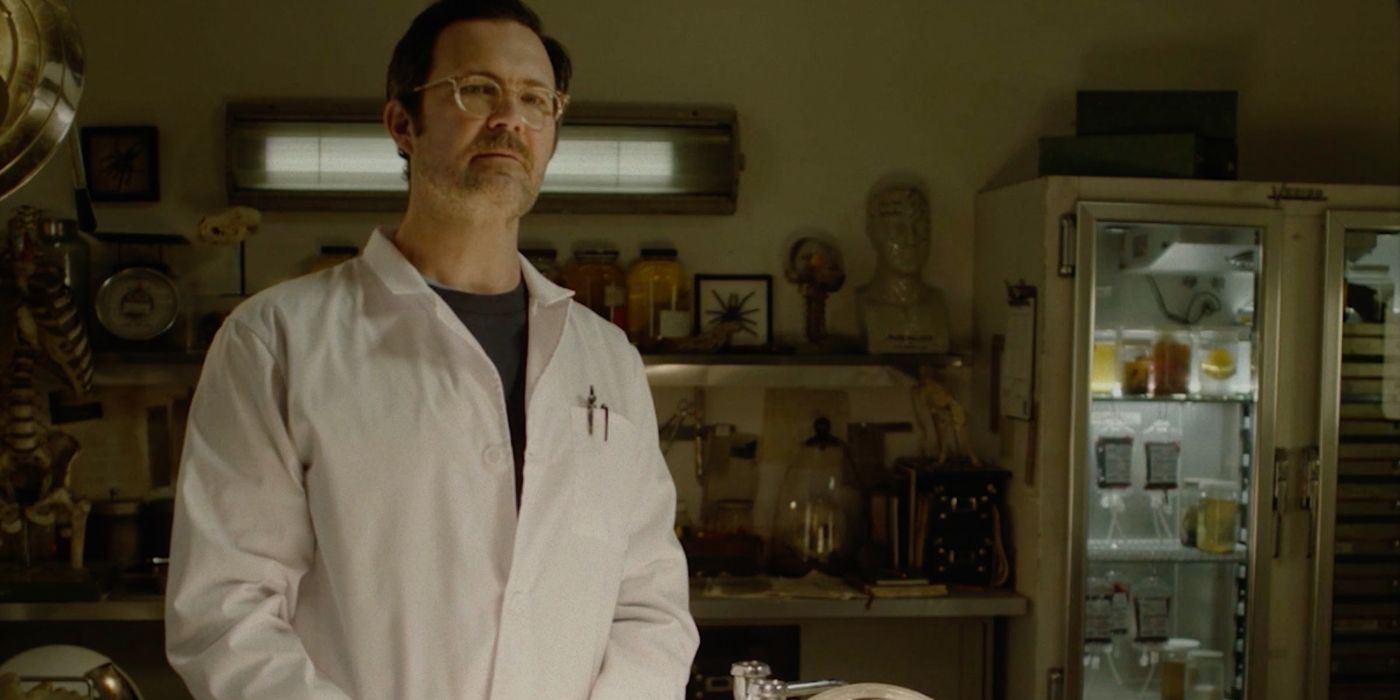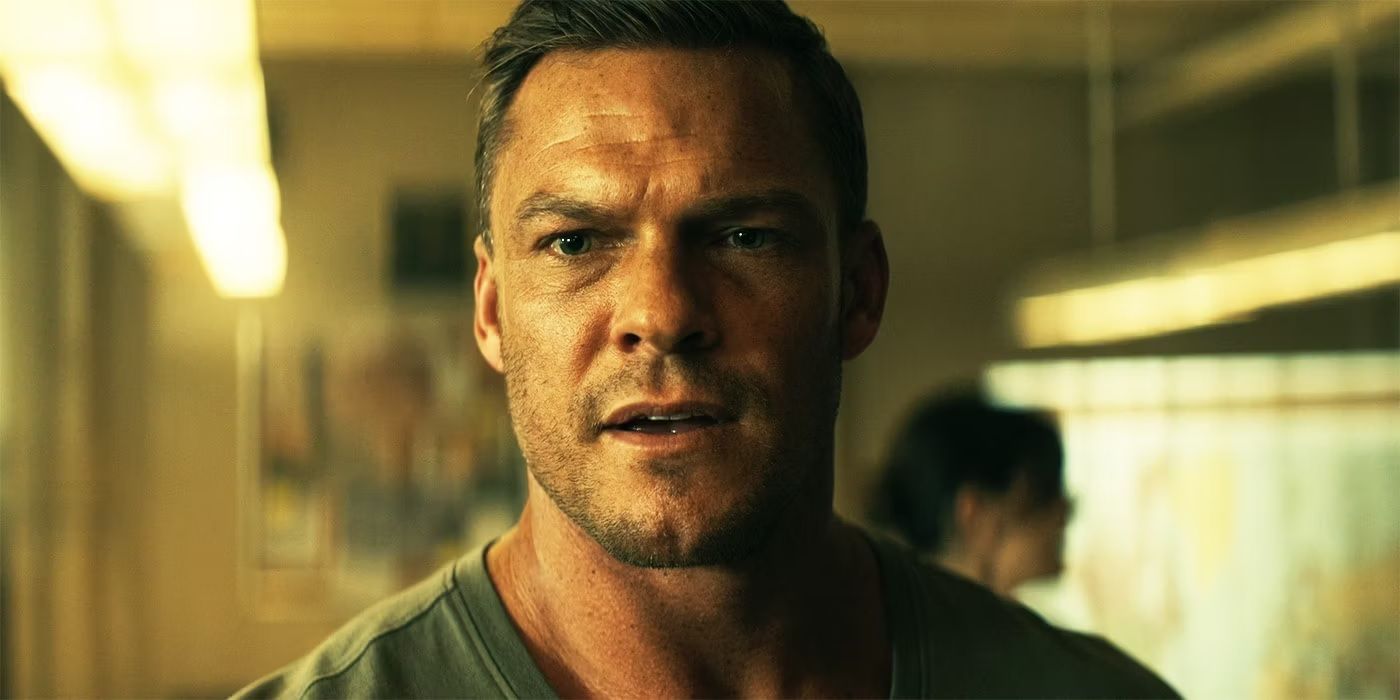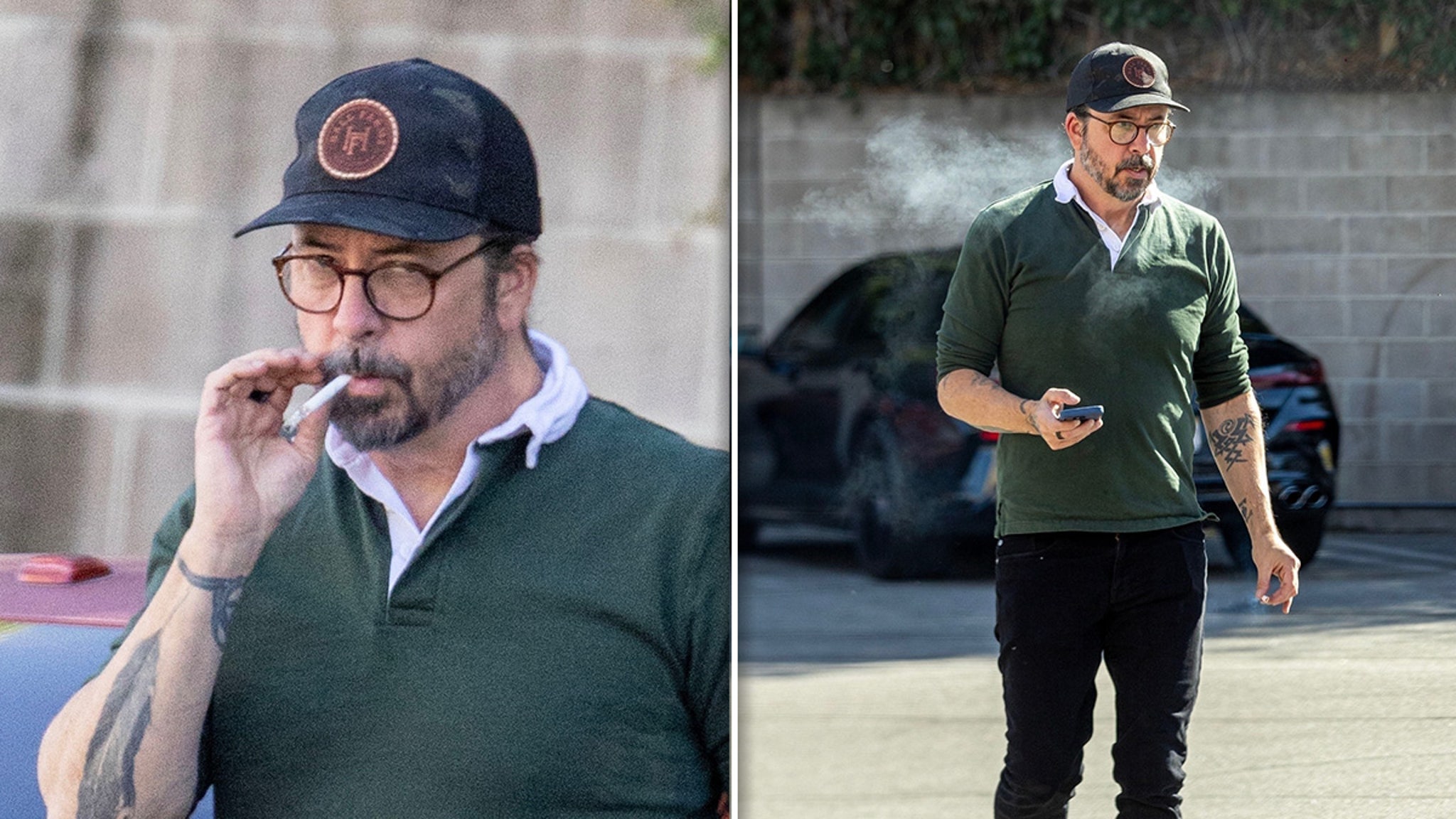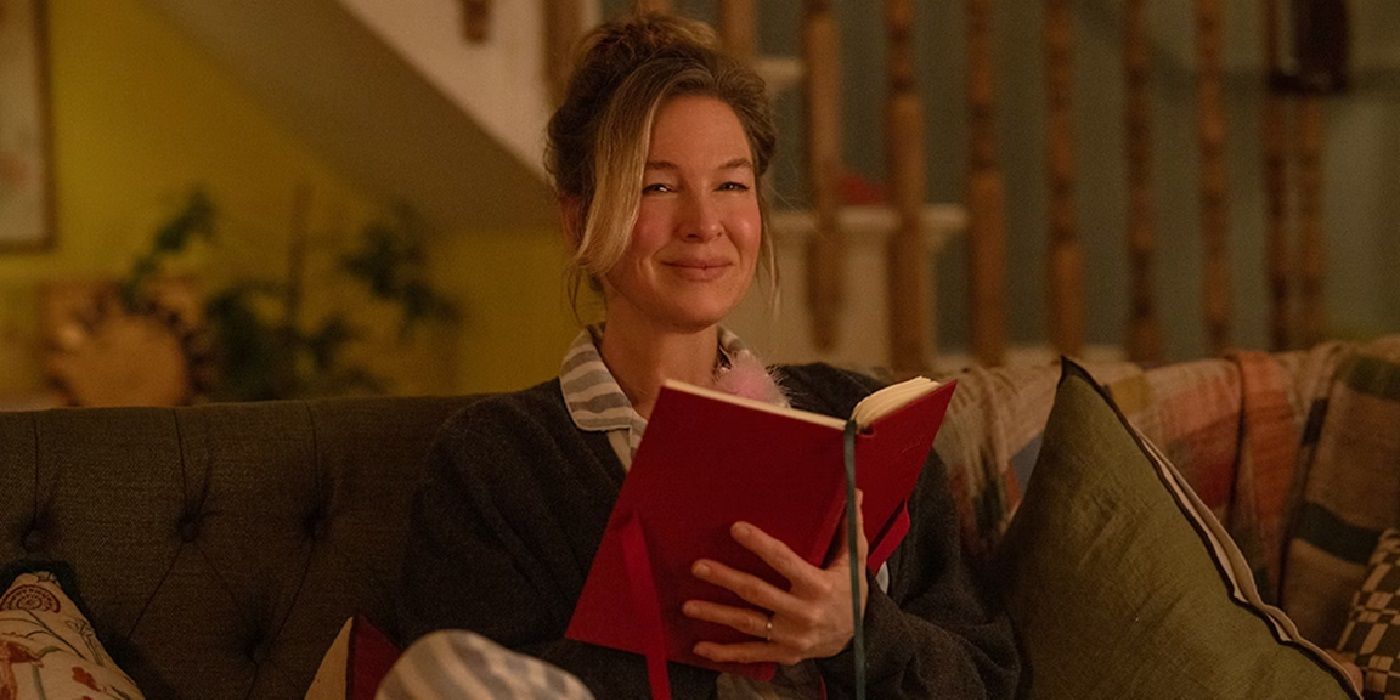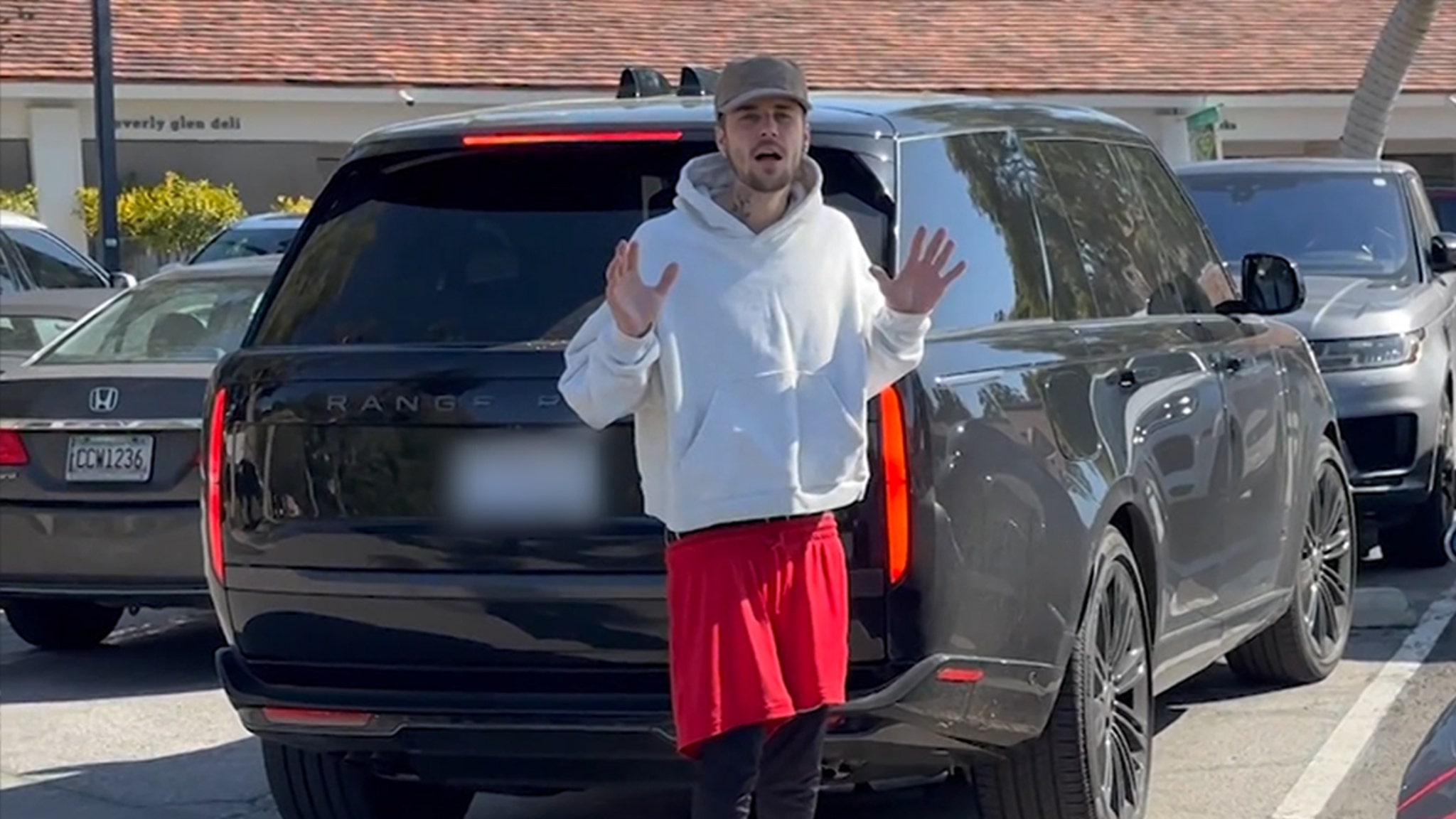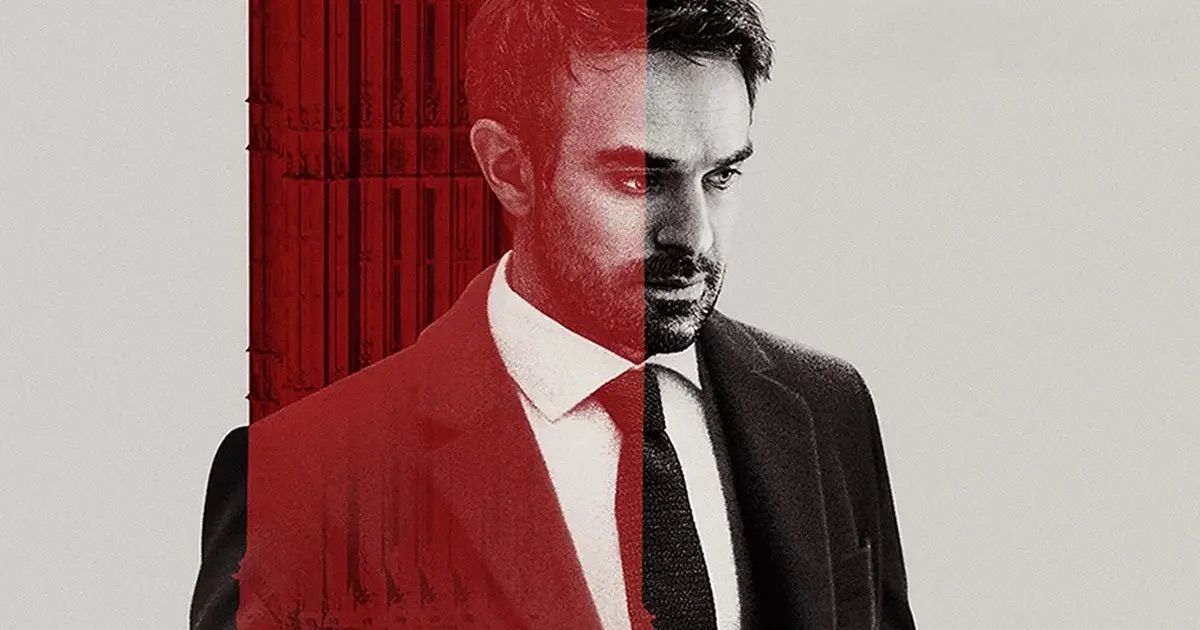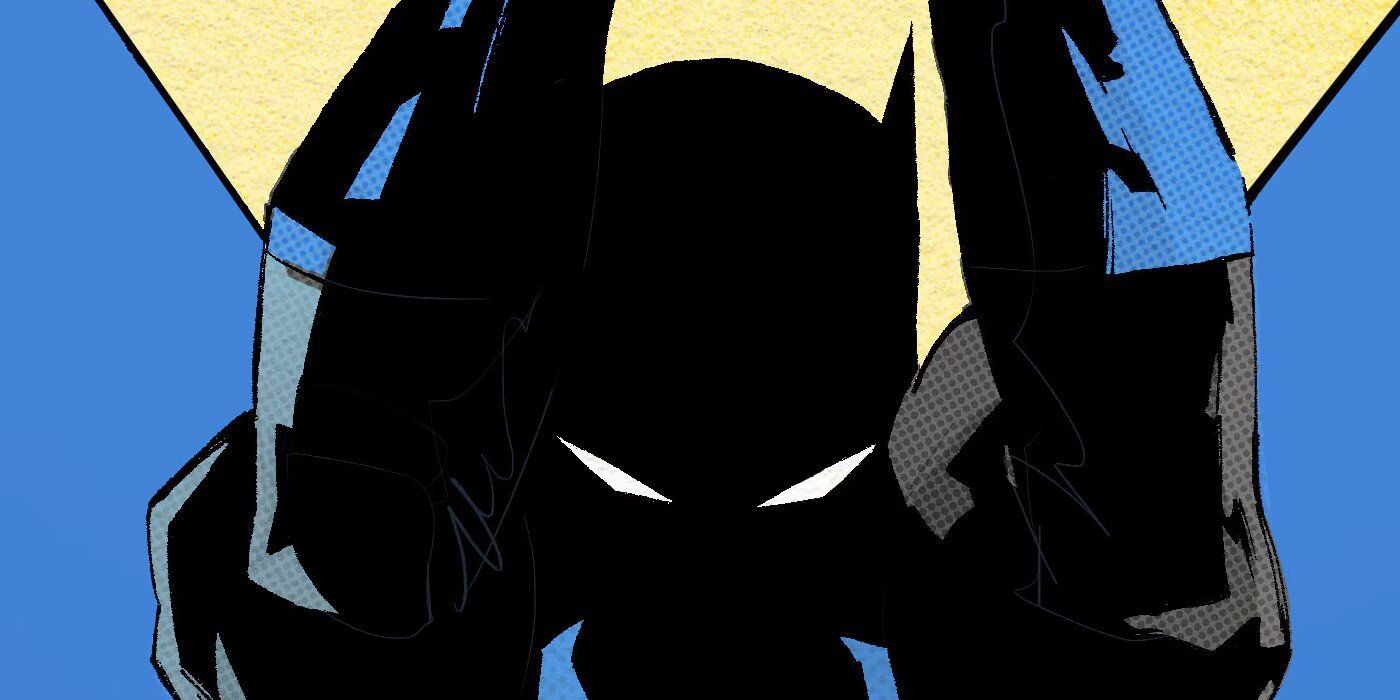One wouldn’t expect creature comforts in maximum security jail, but the promises Che Nieves alluded to were bare necessities like toothpaste, soap, and enough toilet paper, not to mention bedsheets and working toilets. This was a problem for everyone, though Al Victory points out that, as a White prisoner, he was able to pull slightly better treatment and resources from the guards. It’s telling that, when the list of demands are read by L.D. Barkley, the man the inmates elected to be their spokesperson, most of them were deemed reasonable by the negotiating “observer council” brought in from outside. There was general consensus among all the inmates, regardless of race.
That observer council was made up of a group of people sympathetic to prisoners’ causes. It included Senator John Donne, chairman of the Prisoner Committee, Clarence Jones, publisher of the Amsterdam News and William Kuntsler, the lawyer played by Mark Rylance in “The Trial of The Chicago 7.” When the inmates saw John Johnson, a Black reporter I grew up watching on WABC, they invited him in as well. Johnson is one of the major talking heads here. “I thought that this was going to be negotiated to a decent humanitarian end,” he said of the proceedings. Most of the people involved on the inside thought likewise.
But there was a major difference in perception based on where you were. “Attica” builds tension by juxtaposing the negotiation process with the increasingly agitated police and relatives of hostages waiting outside the walls of this enormous facility. If, as we’re told, the guards thought the Black and brown prisoners were sub-human, one can only imagine what they thought of their newfound empowerment. Even if you didn’t know the outcome, the scenes of pacing, armed men would assure you this wasn’t going to end well. Especially after William Quinn, the guard whose overpowering and subsequent brutal beatdown gave the inmates full run of Attica Prison, dies on day four of the standoff. As a result, the inmates lost most of their negotiating power. NY Governor Nelson Rockefeller made the decision to allow law enforcement to take back the prison.
You can view the original article HERE.


